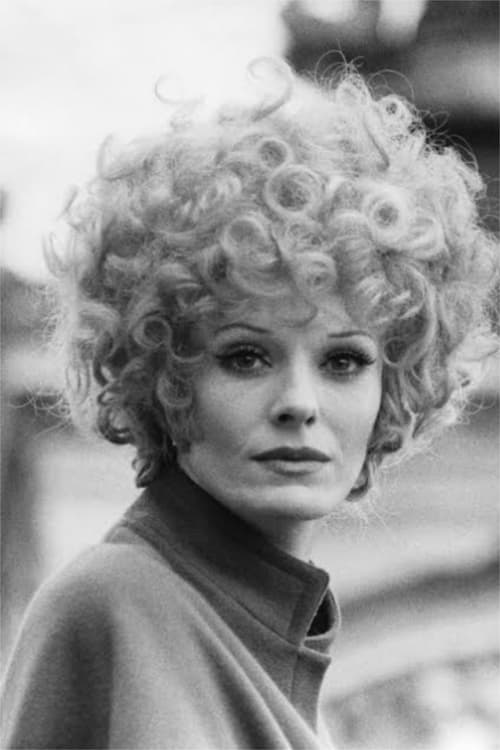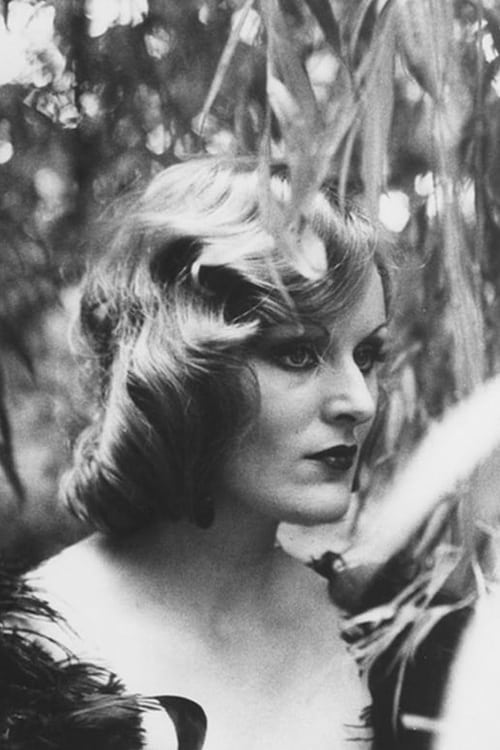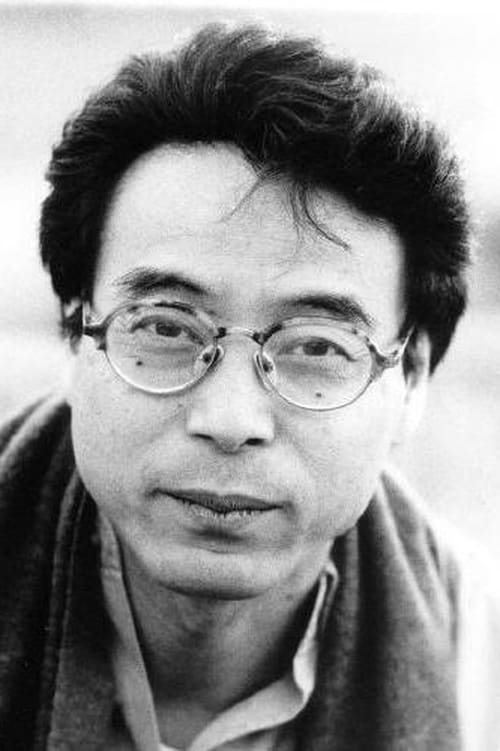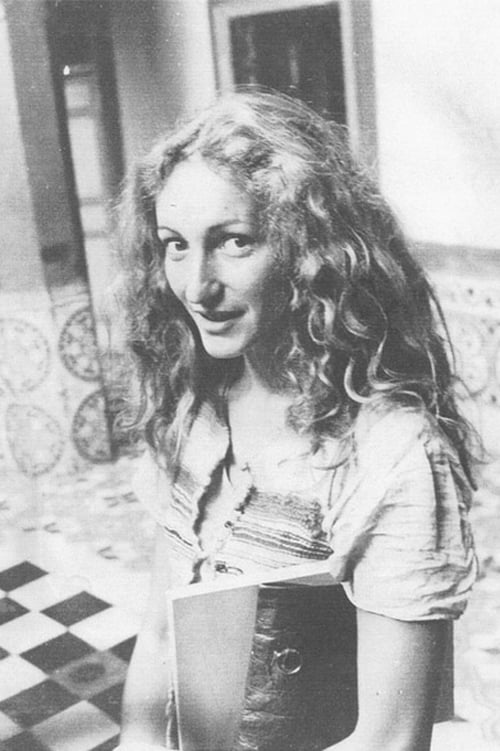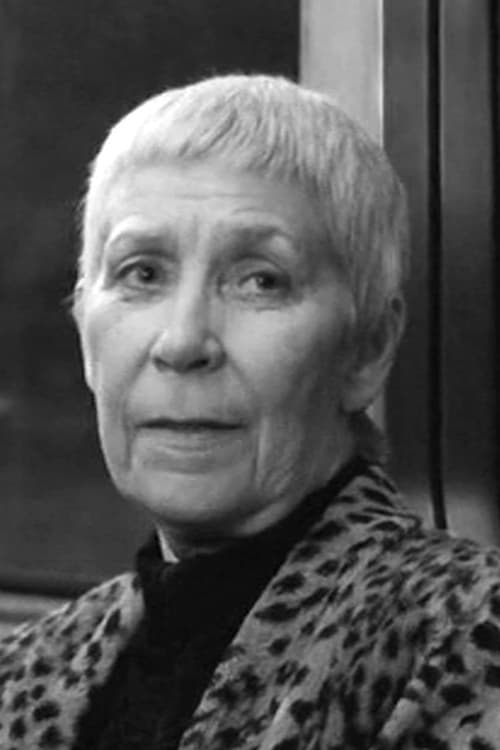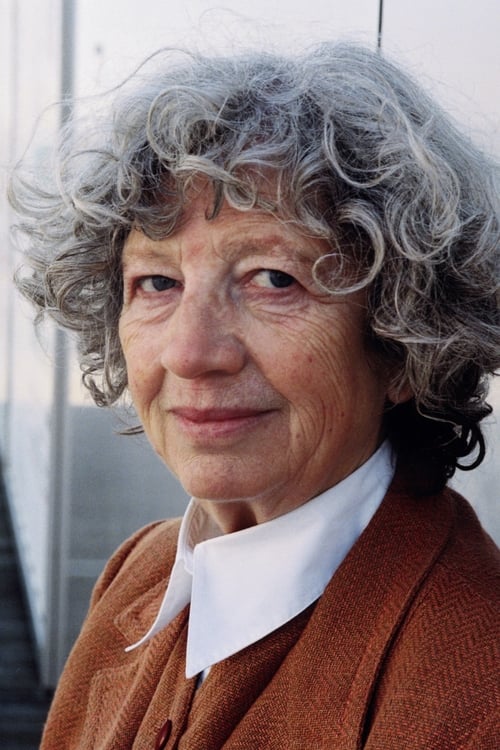프릭 올란도 (1981)
장르 : 판타지, 코미디
상영시간 : 2시간 6분
연출 : Ulrike Ottinger
시놉시스
버지니아 울프의 소설 『올란도』와 토드 브라우닝의 영화 에서 착안한 울리케 오팅거 감독의 시간여행 판타지. 남성과 여성을 오가는 여행자 주인공은 다섯 개의 무대를 관통하며 세계의 역사를 이야기한다. 중세 스페인의 종교 재판, 유랑 극단, 그리스 신화, 기형 인간, 카니발리즘적 이야기들은 퀴어적 관점에서 인간의 신체라는 한계를 극복하려 한다. (2019년 한국시네마테크협의회 - 독일 SF 특별전 - 미래는 어떻게 만들어지는가?)

A young boy and his father live in a dull, lonely house with the shadow of mourning hanging over them both. The boy misses his mother but gets no comfort from his father's assertions that she went peacefully. This tragedy is added to by the family dog which is looking increasingly unhealthy.

A viceroy and an archbishop take their posts in Mexico. A local nun, Sor Juana Inés de la Cruz (1651-1695), intrigues them. The viceroy and his wife find her brilliant and fascinating. The prelate finds her a symbol of European laxity. He engineers the election of a new abbess, severe and ascetic. The virreina visits Sor Juana often and inspires her to write passionate poetry that the archbishop finds scandalous. The viceroy protects her. After he is replaced and returns to Spain with his wife, Sor Juana faces envy and retribution. A bishop betrays her, her confessor humbles her. Plague, a tribunal, and her confession as "the worst of all" end the great poet's life.

Three life-long friends work the bars in 1980s Atlantic City performing the songs of the 1960s girl groups.
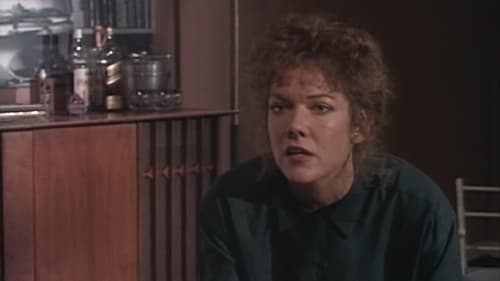
Privilege is an intelligently conceived, boldly anarchic, and wickedly insightful exposition on the culturally ingrained and socially divisive malaise of isms that artificially define and characterize empowerment in contemporary society: ageism, sexism, economic elitism, and racism. Yvonne Rainer conveys texture through the intercutting of archival footage, video, and film - as well as compositional layering through the film-within-a-film structure, elliptical (and self-referential) fusion of past and present, and the filmmaker's idiosyncratic penchant for superimposed typed text.
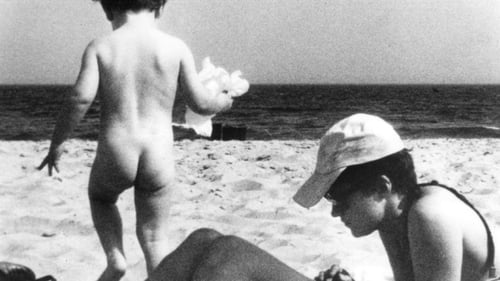
Through a series of twenty six short stories, a girl describes the childhood events that shaped her ideas about fatherhood, family relations, work and play. As the stories unfold, a dual portrait emerges: that of a father who cared more for his career than for his family, and of a daughter who was deeply affected by his behavior. Working in counterpoint to the forceful text are sensual black and white images that depict both the extraordinary and ordinary events of daily life. Together, they create a formally complex and emotionally intense film.
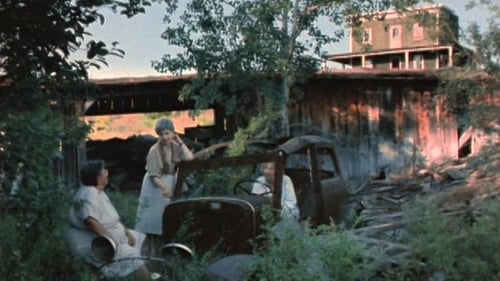
A busload of women become stranded in an isolated part of the Canadian countryside. As they await rescue, they reflect on their lives through a mostly ad-libbed script.
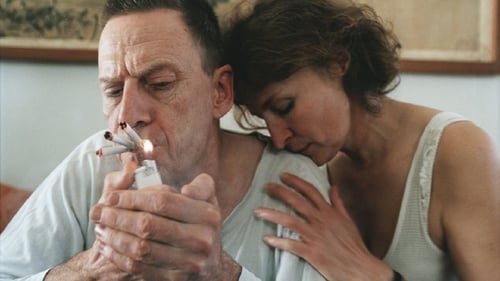
Minor Mishaps is the story of a family's reaction to the untimely death of their matriarch, examining the effect of the tragedy on John, her husband, who is himself ill, his daughters, Marianne and Eva, and their friends and family. When a man's wife dies in an accident, his children return home to deal with the tragedy together. The film throws a spotlight on each of their lives as they confront the changed dynamic in the family and their own lives, with some surprises, revelations and false accusations occurring along the way.

Fifteen year ago, Carlos went to the cinema to meet Júlia, his university colleague with whom he was in love. She never showed up. Carlos was left waiting in the lobby alone. While he waits, something happens which will change his life. A scene, an encounter, an unfinished sentence... Something insignificant, but which will determine the character's life. Fifteen years later, we follow three completely different versions of Carlos's life. In one, he is a man divided between the stability of a secure life in a lukewarm marriage, and the growing desire to live a great love affair. In the second, he is homosexual and places passion above all else. In the third possible life, Carlos is a man who hasn't yet discovered love, and lives through successive disastrous relationships in search of the perfect woman. One of them is his real life. Another is not his life. And a third is the life he'd like to lead. Which is his true life ?
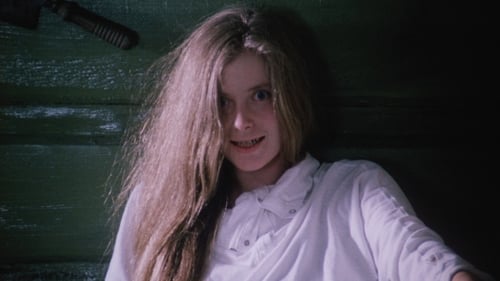
어느 산속의 산장에 열한 명의 아이들이 모인다. 아직 모임의 정확한 성격도 모르는 아이들 앞에 산장지기가 나타나 이곳에 초대받지 않은 한 명이 끼어 있다고 말한다. 외부와의 연락이 차단된 상태에서 아이들은 점차 공포와 혼란에 빠지고, 결국 서로를 의심하며 죽고 죽이는 상황에 처한다. 부조리한 전개 속에 그려진 극단적 사건들이 강렬한 인상을 남기는 작품. 1987년 베를린영화제 경쟁부문 상영.

Six of George Balanchine's finest stars, Maria Tallchief, Mary Ellen Moylan, Melissa Hayden, Allegra Kent, Merrill Ashley and Darci Kistler pay a moving tribute to the legendary choreographer and tell how he shaped them as dancers and influenced their lives.

Within four episodes ("Er am Ende", "Muss ich aufpassen", "Eva" and "Are You Lonesome Tonight?" ) are being told adventures of love sick Felix. On Sylt he meets two nymphomaniac women, in Hamburg he meets Eva, a girl who is even more love sick and later he meets Luci who gives him an indecent proposal. Thus he flees again...
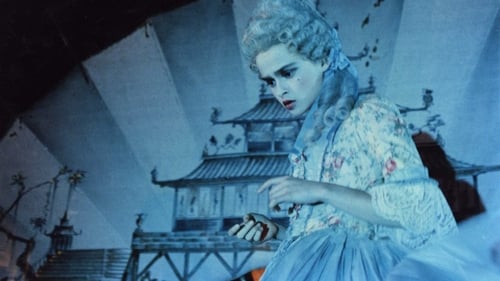
A debauched nobleman offers himself to a beautiful woman, but she is repelled by his advances. He dons a mask and tries again, and this time is more successful. But the mask cannot conceal the evil in his soul.

Jackie Burroughs stars as Maryse Holder, the ill-fated feminist author who met an untimely death in Acapulco. Her attitude of cultural and racial condescension toward Mexican men was to regard them as nothing more than beasts of burden for her own sexual pleasure, and her hedonistic pursuits of sex and drugs led to her death at the hands of one of her many boytoys.
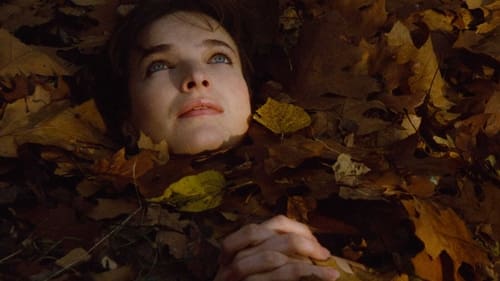
A continuation of "Diary for My Children," the film picks up in 1950, when Juli, the diarist, is 18 and determined to become a movie director.

Documentary about poet Omar Cabezas and the Sandinista revolution in Nicaragua.

In March 1987, pianist Vladimir Horowitz embarked on an
extraordinary project. For the first time in 35 years, he
agreed to record with a symphony orchestra in a studio.
He chose the conductor, Carlo Maria Giulini, the orchestra,
the La Scala Philharmonic, and the location, the Abanella
recording studio of La Scala in Milan. Horowitz steadfastly
refused to allow the month-long sessions to be filmed, until
the evening before the last scheduled session when he
unexpectedly changed his mind. His manager, Peter Gelb,
immediately telephoned Albert Maysles and Susan Froemke
in New York, the co-filmmakers of "Vladimir Horowitz:
The Last Romantic." That same night, the Maysles film
crew flew from New York.

Documentary about the Radium Dial Company and the aftereffects experienced by its workers from repeated exposure to radioactive paint.
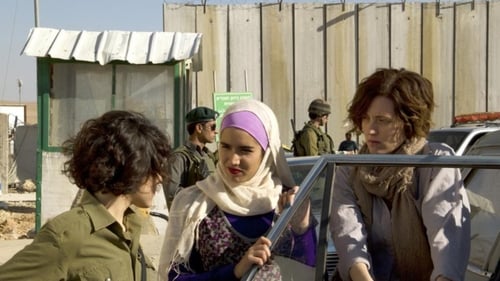
캐나다에서 온 여의사 클로이는 낮에는 팔레스타인 난민캠프 임시 진료소에서 일하고, 밤에는 예루살렘의 아파트에서 생활한다. 같은 아파트에 사는 이스라엘 여군인 에바와는 절친한 사이다. 매일 검문소를 지나면서, 임시 진료소 환자인 랑드와 친구가 된 클로이는 랑드의 가족들과도 많은 시간을 보낸다. 우연한 기회에 전쟁의 비인간성과 참상을 보고, 두 나라 친구들에게 도움이 되고자 최선을 다하지만 랑드와 에바에게 클로이는 그저 이방인일 뿐이다. 클로이는 이 모든걸 건 위험한 결심을 하면서, 비극적인 사건속으로 휘말리게 된다.

A conservative Iowa housewife's personal and political convictions are severely tested as she seeks answers from the Republican presidential candidates leading up to the 2012 Iowa Caucuses.
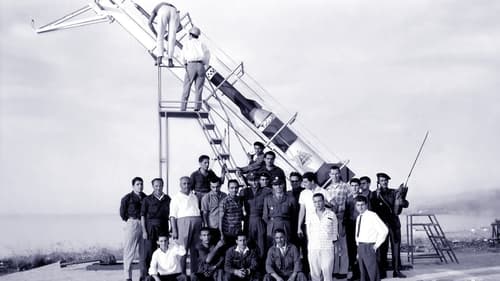
Lebanon's brief flirtation with space travel in the 1960s becomes a poignant metaphor for the Arab world's utopian dreams in this riveting documentary.

Between the dazzling first shot—burning debris falling from a satellite entering the atmosphere—and the final sequence merging underwater images with others generated by a specially created camera, a path is sketched out which, in the manner of a reverse science-fiction journey, leads from space exploration to a cemetery in the middle of the ocean.

The great oak tree of Scandiano, in the Reggio Emilia hills, is the silent witness of a long history, that of a territory shaped by nature and human activity. From the late Renaissance to the present, revolutions and traditions have alternated, leaving an uninterrupted flow of images imprinted in the memory of the centuries-old tree. Shot using a drone in a 15-minute sequence plan, The Great Oak is the result of a courageous technical challenge, but above all a conceptual one: to overturn the anthropocentric point of view of film narration and offer a more articulate perspective on reality, on the invisible links between living beings and on our role in the world.

In the middle of one of his recurrent anxiety attacks, a Lebanese young man living in Brussels finds rest in a self-service laundry. He moves around the place with his microphone, driven by the obsession of understanding the origin of his discomfort.

A couple of fisher-folk are joined by a young new apprentice in the middle of a raging storm.

